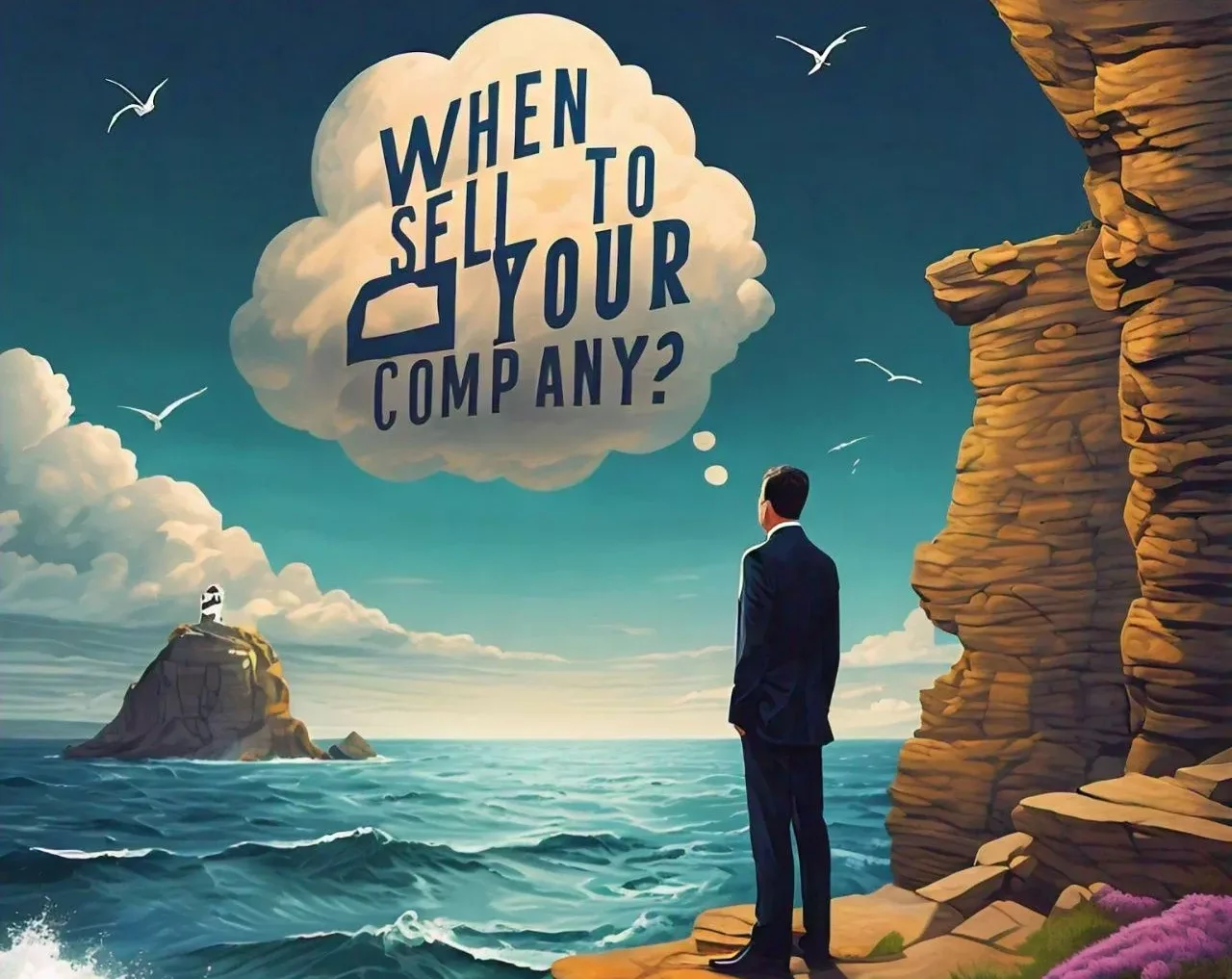Knowing when to sell your company is one of the most difficult decisions founders will ever have to make in today’s fast-evolving world of startups and technology. Kevin Ryan, well-seasoned tech investor and serial entrepreneur, reflects upon this crucial decision-making process. Ryan, founder and CEO of investment firm AlleyCorp, has played an essential role in building and investing in scores of successful startups-just a few examples include Business Insider, Zola, Pearl Health, and many more. His illustrious career also includes his work with ad tech company DoubleClick, having achieved a sale to Google for $3.1 billion, a deal that transformed the world of online advertising.
At TechCrunch Disrupt as part of the Startup Battlefield 200, Ryan shared his insights with founders on everything from when to sell a company, to finding the right co-founder, to what the future holds for businesses post-acquisition or IPO.
The Critical Question: Should You Sell or Hold?
Whether to sell or to hold is a question many founders find themselves answering at key junctures in their companies’ growth. Ryan, who founded MongoDB, a database provider that went public in 2017, said there is no correct answer. But there are always good factors one can weigh in evaluating any acquisition offers or going public.
“There’s no formula, but what I’m thinking about is: What do our prospects look like?” says Ryan. He encourages founders not to be delusional but to think practically about things like how their company is growing, its potential exit strategy, and how competitive it is. “How much are we growing, and what is this company going to look like in three years?” he says.
Ryan says, “Founders must be pragmatic concerning market conditions; what happens in the Ukraine war or inflation spikes abruptly changes how one views a company’s prospects; markets can close at any time, and founders must calculate the risks.
Weighing Risk Versus Reward
Ryan also points out that many founders underestimate the importance of time in calculating the value of their company. “If we’re worth $100 today, four years from now, it has to be worth $200 just to break even because of risk, cost of capital, and other factors,” he explains. This time factor plays a crucial role in deciding whether to hold on for further growth or take an offer now.
“If you believe the company will be worth $300 in the near future, then it makes sense to hold. But if you’re only expecting modest growth, it may be wiser to sell sooner,” says Ryan.
More Founders Should Sell Earlier
In an industry in which the dream is often to turn out to be the next Mark Zuckerberg, who infamously turned down a $1 billion offer from Yahoo for Facebook back in 2006, Ryan suggests that more founders should actually sell early rather than hold on for extraordinary returns. “I think more people should sell than probably do on average,” says Ryan. For every multibillion-dollar success story, there are many other instances when companies missed their chance to sell at a life-changing amount.
Ryan says too often founders decide based on emotional choices related to the glamour of ever-bigger numbers, rather than focusing on what tangible benefits an acquisition can bring in. “Someone could sell now and make $30 million, which is an incredible amount of money. It’s life-changing,” Ryan says. “Chasing $60 million or more won’t necessarily make you happier, but holding out too long could result in ending up with zero.”
Personal Wealth and Happiness
This means founders are better off being concrete with their financial goals and their personal happiness. As Ryan pointed out, the difference between $30 million and $60 million is often negligible in terms of lifestyle and personal fulfillment, but the difference between $30 million and nothing can be devastating. “It’s great to make $60 million, $90 million, or $100 million, but it doesn’t change your life very much,” Ryan says. On the other hand, selling out earlier can afford the luxuries of financial freedom to do new things, or even personal projects.
The Takeaway: Be Pragmatic About Your Future
For founders, whether to sell or hold out for an IPO is both an intensely personal and strategic decision. As you will see, Kevin Ryan’s career suggests that while market conditions are important, personal goals are too. Sometimes, accepting a well-timed acquisition offer can indeed be the smartest move-providing financial security and opening doors for future opportunities.
To those who would make this decision, Ryan’s advice is clear: “Think practically, weigh the risks, and don’t be afraid to sell when the time is right.”
More News: Tech News


